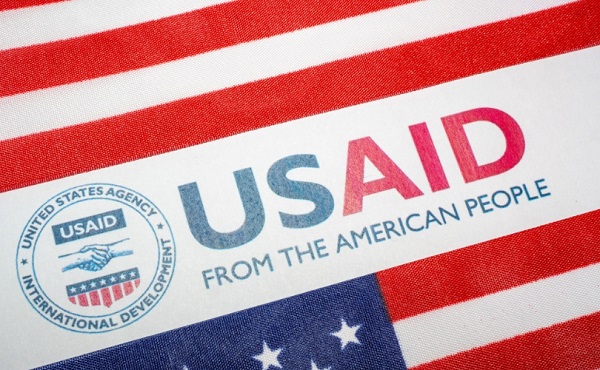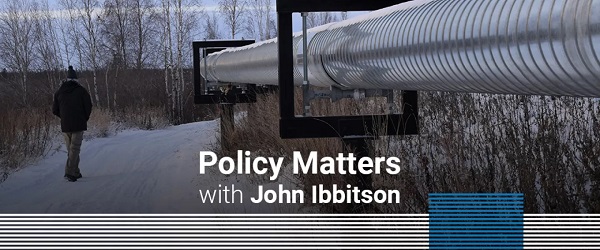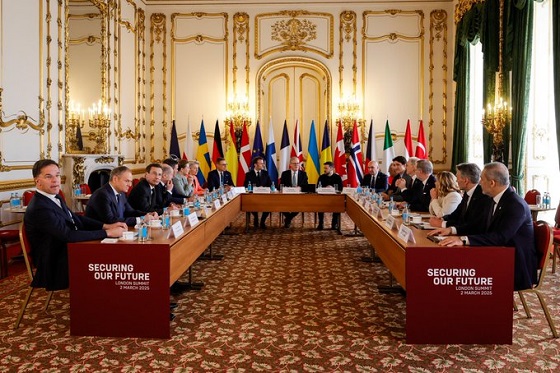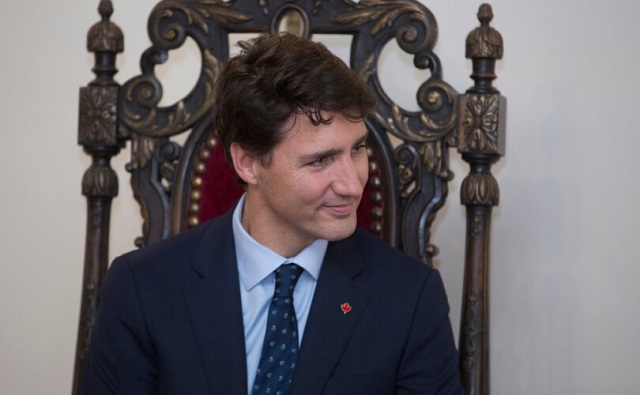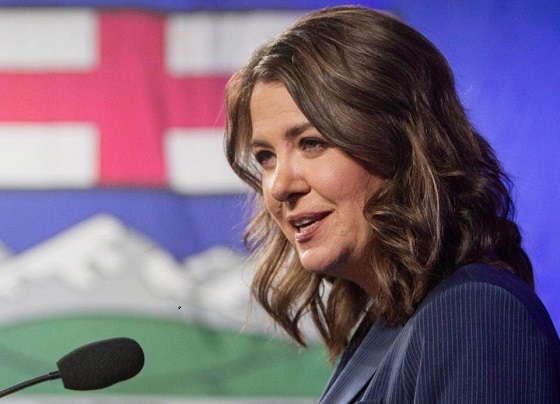National
8 reasons an Alberta MP says there will be a federal election this fall
Business
Taxpayers Federation demands government cancel automatic beer tax hike

By Carson Binda
The Canadian Taxpayers Federation is calling on the federal government to cancel the automatic tax hike on beer, wine and spirits scheduled for April 1 and end the alcohol escalator tax for good.
“Canadian businesses and job creators like restaurants and breweries can’t afford a tax hike from the feds right now,” said Carson Binda, British Columbia Director for the CTF. “With an emerging tariff war, businesses need tax cuts, not undemocratic, automatic tax hikes from Ottawa that make it even harder to keep the doors open.”
The escalator tax was brought in by Prime Minister Justin Trudeau in 2017. It automatically increases the taxes on alcoholic beverages every year on April 1 without a vote in Parliament.
Alcohol taxes already make up about 50 per cent of the price of a drink when charges from all levels of government are included. The federal excise tax on alcohol is set to increase by two per cent on April 1. The hike will cost taxpayers about $40 million.
Since being imposed, the alcohol escalator tax has cost taxpayers more than $900 million, according to Beer Canada.
“Automatic tax hikes are undemocratic and wrong,” Binda said. “Instead of making life even harder for struggling small businesses, the government needs to end the automatic tax hikes on beer, wine and spirits.”
Great Reset
Conservative MP calls potential Trudeau successor Mark Carney a ‘globalist’
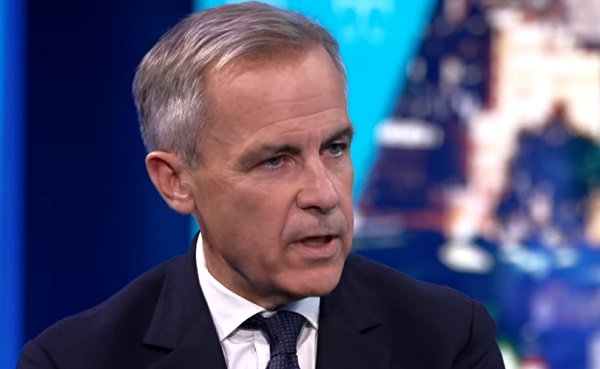
From LifeSiteNews
“In a room full of globalists, at World Economic Forum in Davos, Carney declared himself to be a European.”
A Canadian Conservative Party of Canada (CPC) MP had harsh words for Liberal Party leadership candidate Mark Carney, calling him a “globalist” who will “never” put Canada “first” and who is “Trudeau 2.0.”
“Carney wants to be the Prime Minister of Canada, but yet as recently as two years ago on the international stage, declared himself to be something other than Canadian,” CPC MP Michael Cooper said in a recent video post to his X account.
“In a room full of globalists, at World Economic Forum in Davos, Carney declared himself to be a European.”
Cooper shared a clip of Carney proudly boasting at the WEF meeting that he has “European” citizenship.
“Let that sink in for a moment. Carney wants to be the Prime Minister of Canada, the leader of our great country, yet two short years ago identified as a European,” Cooper said.
“Is that something that a proud Canadian would say? Are those the words of the leader who will put Canada first? I don’t think so.”
Cooper also said that Carney “moved his company to the U.S. and then LIED about it,” adding that this and his European comments mean he is “not in it for Canada.”
“Mark Carney is really Justin Trudeau’s 2.0 the same Mark Carney, who, by the way, has been an adviser to Justin Trudeau for years,” he said.
“In this challenging time, the last thing Canada needs is a self-described European globalist elitist.”
Carney is considered to be the frontrunner to replace Trudeau as Liberal Party leader and Prime Minister. The Liberal Party will vote for its new leader on Sunday, March 9.
As reported by LifeSiteNews, Carney has, as Cooper mentioned, admitted he is an “elitist” and a “globalist.”
Finance Minister Chrystia Freeland and two other lesser-known candidates, former House leader Karina Gould and former Liberal MP Frank Baylis, are vying to replace Trudeau as leader.
In addition to ties to the World Economic Forum, Freeland and Carney have a history of promoting or endorsing anti-life and anti-family agendas, including abortion and LGBT-related efforts.
LifeSiteNews earlier this week published a report highlighting an exposé by investigative journalist Sam Cooper, who claims there is compelling evidence Carney is strongly influenced by an “elite network” of foreign actors including those with ties to communist China and the World Economic Forum.
-
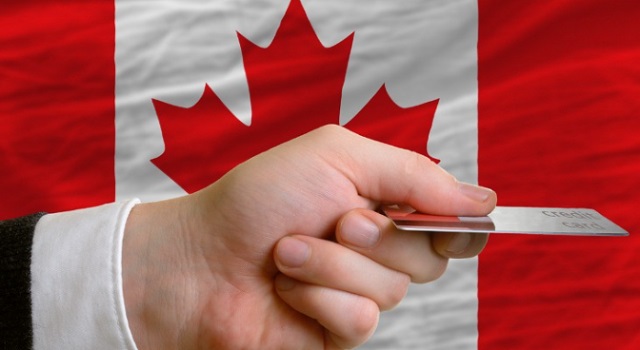
 Business18 hours ago
Business18 hours agoWe’re paying the bills, why shouldn’t we have a say?
-

 Business2 days ago
Business2 days agoApple suing British government to stop them from accessing use data
-
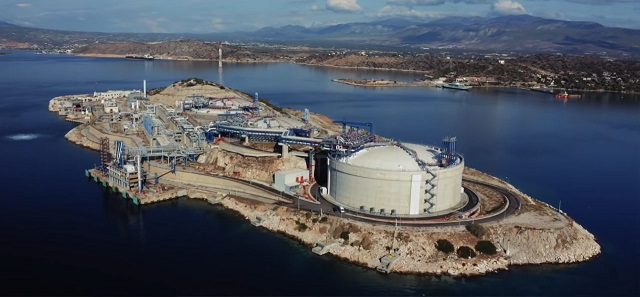
 Daily Caller1 day ago
Daily Caller1 day agoBiden’s Dumb LNG Pause Has Rightfully Met Its End
-
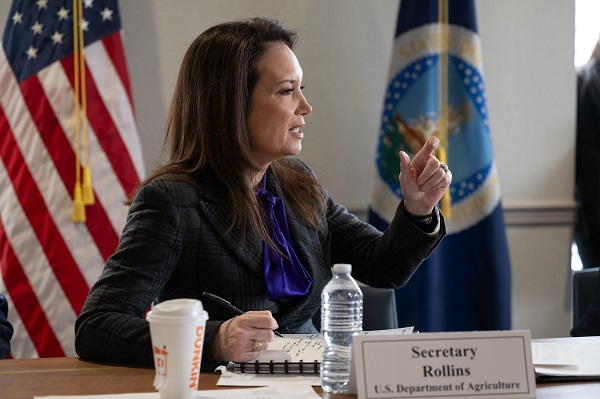
 Business1 day ago
Business1 day ago“The insanity is ending”: USDA cancels $600k grant to study transgender men’s menstruation
-

 Agriculture1 day ago
Agriculture1 day agoUSDA reveals plan to combat surging egg prices
-
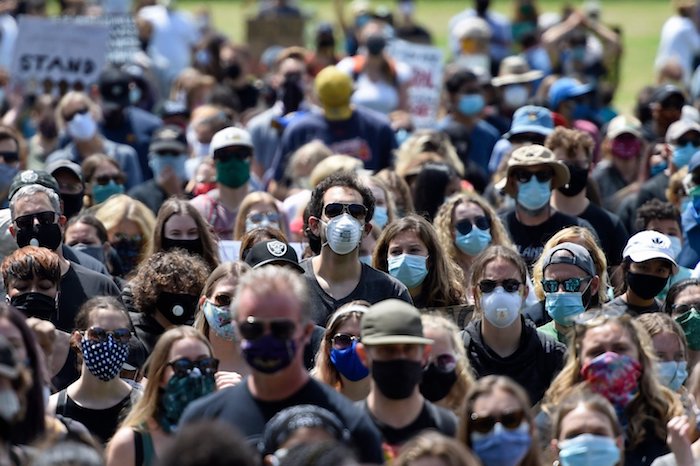
 COVID-1918 hours ago
COVID-1918 hours agoCovid Response at Five Years: Conclusion
-

 Censorship Industrial Complex15 hours ago
Censorship Industrial Complex15 hours agoHow America is interfering in Brazil and why that matters everywhere. An information drop about USAID
-
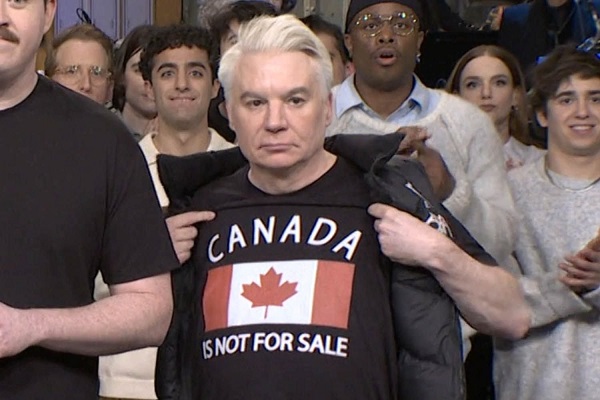
 Bruce Dowbiggin2 days ago
Bruce Dowbiggin2 days agoThe Phony War: Canada’s Elites Fighting For A Sunset Nation


